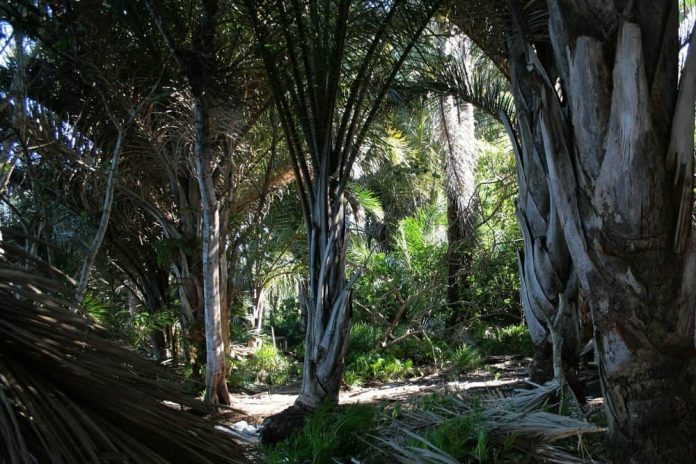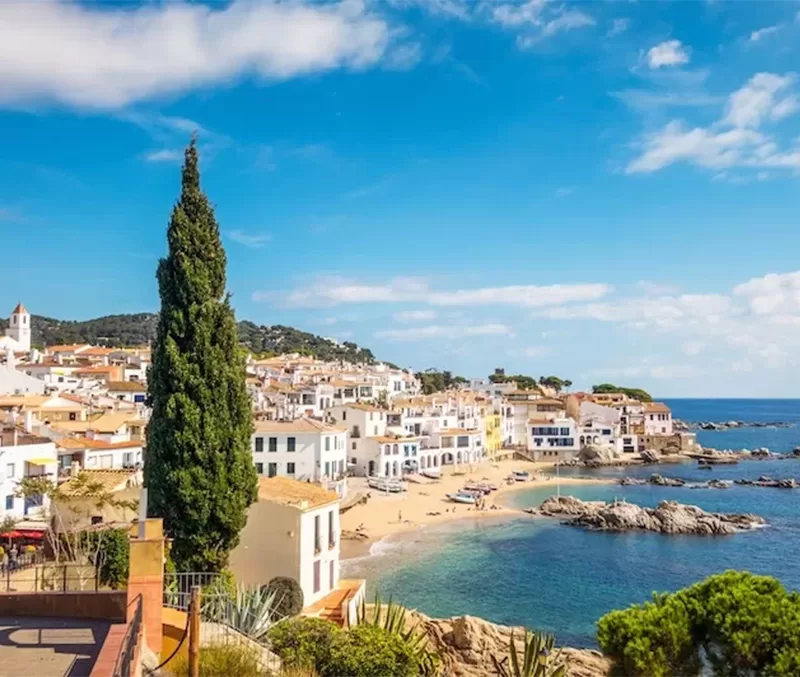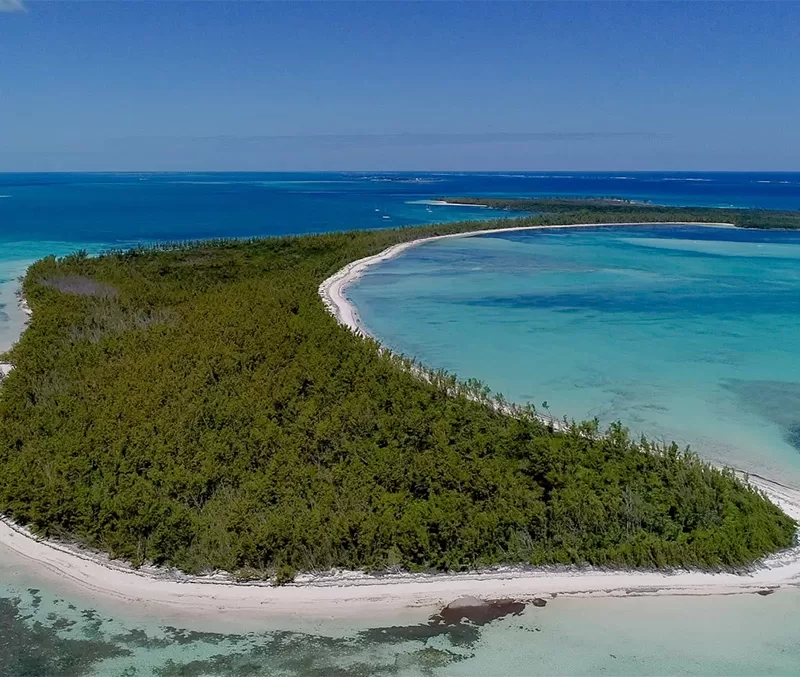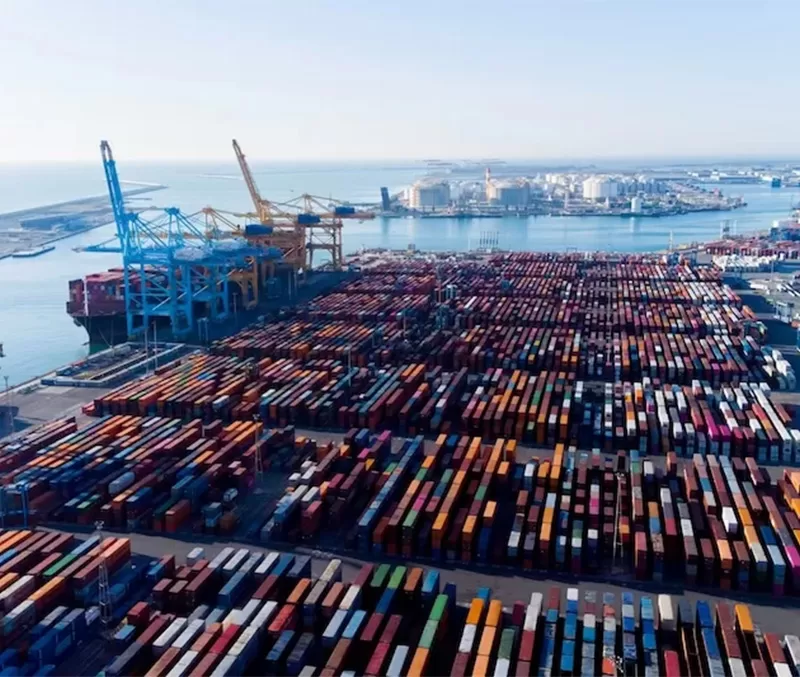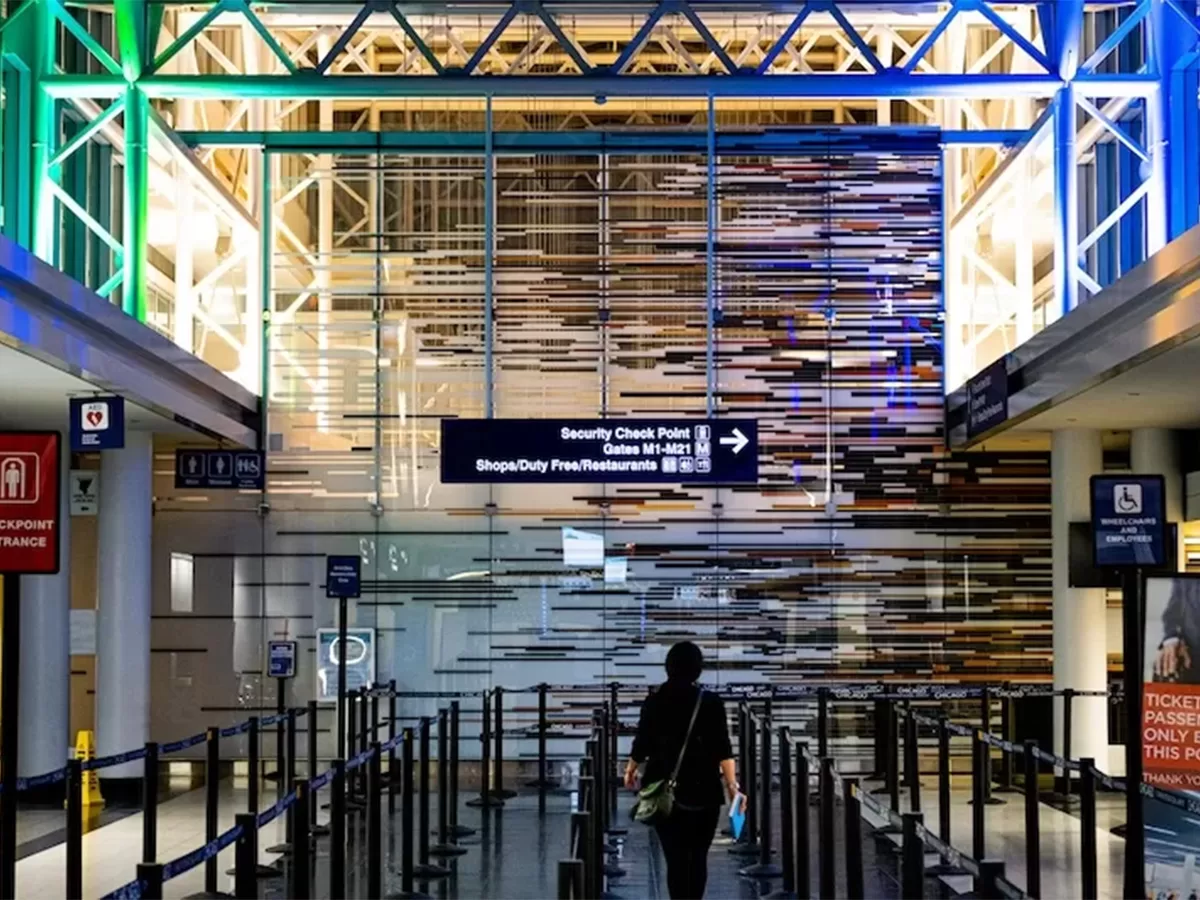Working Abroad in St. Lucia
For many, the idea of living overseas in a foreign country is limited to daydreams of retiring on a tropical island. Why wait? Working abroad on a tropical island like St. Lucia could be one of the most eye-opening experiences you could do during your life.
There are a few different visa options to consider when moving abroad to St. Lucia, depending on your intended length of stay and reason for visiting the country. Regardless of the time you intend to spend working abroad in St. Lucia, under the Foreign National and Commonwealth Citizens Regulation, you will need to acquire a work permit to go along with your visa option of choice. This is true even for those who have received a residency permit in the country, own property, or have registered a company in St. Lucia.
Enjoy this podcast from The Expat Money Show – JohnnyFD who talks about moving from the USA and living in Bali and Thailand.
Obtaining a Work Permit Abroad in St. Lucia
In order to receive a work permit in St. Lucia, you will need to obtain and fill out a “Form A” document from the Department of Labour Relations, pay around $37 USD to receive a Treasury Receipt, and submit that Treasury Receipt back to the Department of Labour to receive the proper work permit application. If you are not able to visit St. Lucia to fill out the “Form A” application, someone on the island can obtain the document and mail it to you. It is strongly advised that you apply for the work permit in St. Lucia at least two months before arriving in the country, since you are not legally allowed to work in the country until the permit has been approved and received.
Once you have completed the work permit application, you will need to bundle it with the following documents and submit it to the Department of Labour Relations:
- Proof of qualifications/employment letter
- Passport-sized photograph
- Income tax record
- Clean criminal record in your home country and in St. Lucia
- Photocopy of job posting for the position you were hired for
- St. Lucia Trade Licence, for those who own a company in the country
Once the work permit has been approved, expats looking to work abroad in St. Lucia can do so for one year, which can be renewed depending on employment status. There are a few situational fees that must be paid upon issue of the St. Lucia work permit:
- Citizens of other Caribbean nations: $740 USD
- Foreign nationals from non-Caribbean nations: $2,777 USD
In order to renew your work permit, the same procedure you undertook to receive your first work permit will need to be replicated every year in St. Lucia until you become a full citizen of the country.
Job Market for Expats
Although it may be tricky at times to find a job as an expat in St. Lucia (as most employers prefer to fill these positions with St. Lucian locals), the fact that English is the national language opens up many job opportunities for expats compared to other countries abroad.
The main avenues for expats looking to work abroad in St. Lucia are in teaching, the service industry (bars and restaurants), tourism (working as a guide), or as an outdoor sports instructor (sailing, diving, hiking, etc.). There are many online resources for finding jobs in the Caribbean, some of which include Caribbean Jobs, CareerJet, or browsing job listings on the St. Lucian Government website.
Key Statistics
- Official Language: English
- Population: 178,015
- Population Growth: 0.33%
- GDP (Purchasing Power Parity): $2.083 billion USD (PPP), $1.428 billion (total), $8,135 (per capita)
- Total GDP: 1.428 billion USD
- Passport Power: 37th in the world, visa-free access to 121 countries, including the Schengen Area, Hong Kong, and the UK
- Capital City: Castries
- Currency: East Caribbean dollar ($1 USD = $2.7 XCD)
- Total Area: 616 sq. kilometers
- Age demographics: 0-14 (20.35%), 15-24 (15.88%), 25-54 (42.97%), 55-64 (9.58%), 65+ (11.22%)
- Major Industries: Agriculture, tourism, offshore banking, finance, and petroleum-related industry makes up the overwhelming majority of St. Lucia’s economy.
Conclusion
I hope you enjoyed this article: Working Abroad in St. Lucia. There are so many places around the globe that would be amazing to work in. For more information about relocation, please contact us HERE
Here is probably the most extensive ebook on Everything You Ever Wanted To Know About Eliminating Your Taxes, Protecting Your Assets And Regaining Privacy Over Your Life And Investments. It is called The Ultimate Guide To Going Offshore.
Author Bio:
Tyler Sorce is an American writer and digital nomad currently living in Lisbon, Portugal. In a past life he was a chef in Manhattan and Paris, follow his travels and favorite dishes on Instagram.



